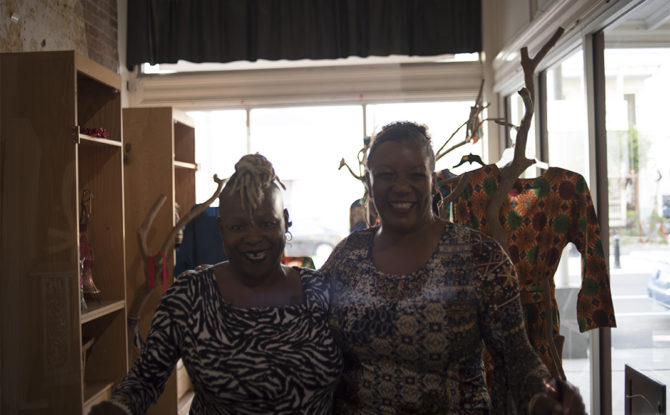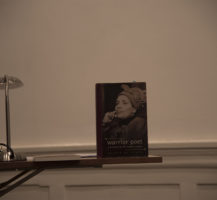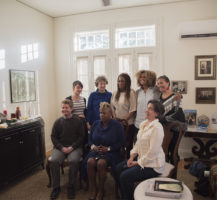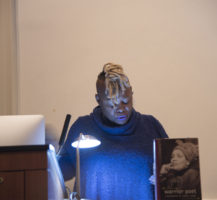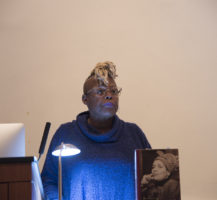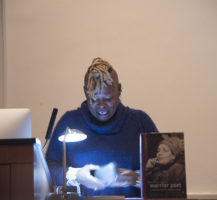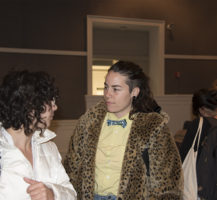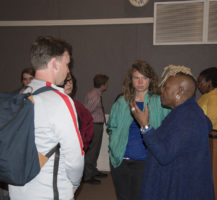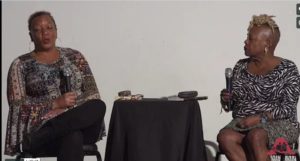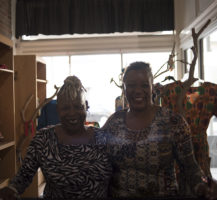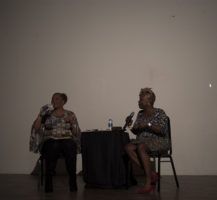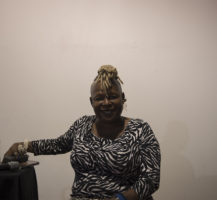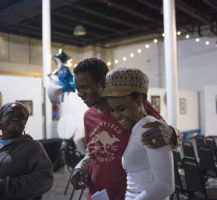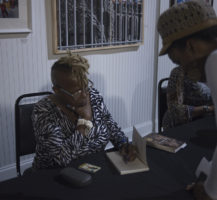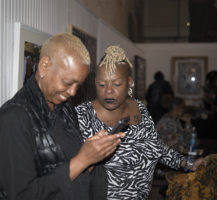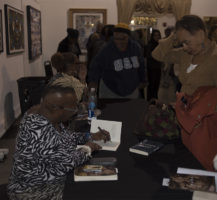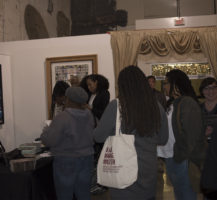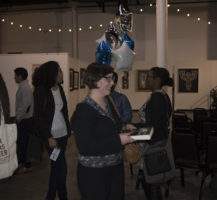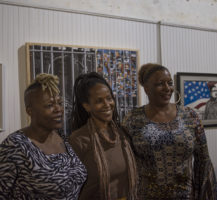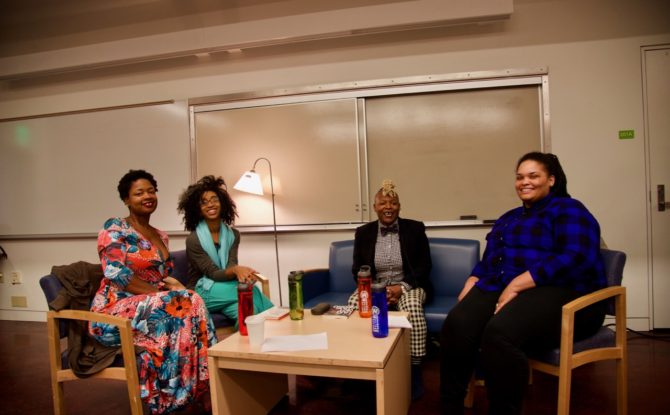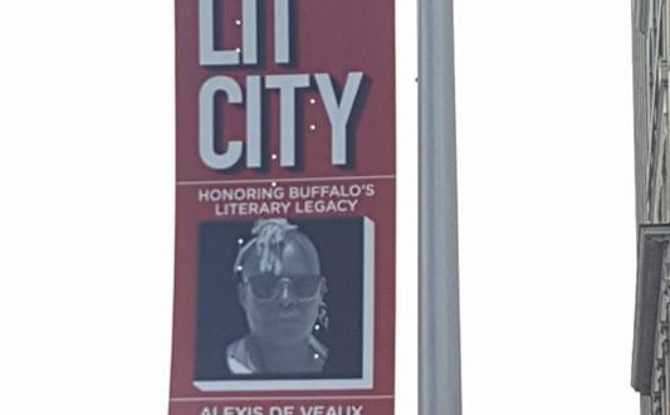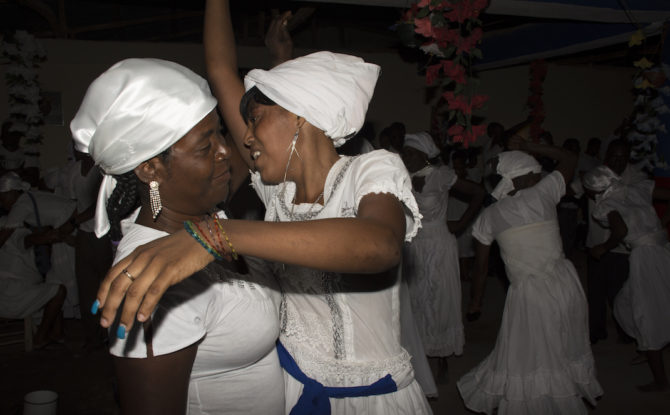Tuesday 14th March
Alexis recently took part in two events in New Orleans. The first took place at Tulane University, as part of the annual “Audre Lorde Days,2017” organized by the Office of Gender and Sexual Diversity, Alexis presented a keynote address “Uses of the Erotic: The Erotics of Activism”
During the Fourth Berkshire Conference on the History of Women, at Mount Holyoke College in Massachusetts, in August, 1978, Audre Lorde delivered her paper, “Uses of the Erotic: The Erotic as Power.”(1) A groundbreaking meditation on power in the context of social change, “Uses of the Erotic” outlined Lorde’s theory of the role of eros, “the personification of love in all its aspects […] personifying creative power and harmony” (2) as a source of power […] that can provide energy for change. ” (3) While addressing the corruption of the erotic in women’s lives in particular, in western culture; its difference from the pornographic; the “internal sense of satisfaction […] to which, once we have experienced it, we know we can aspire;” (4) Lorde made specific her argument that the “suppression of the erotic as a considered source of power and information” (5) was antithetical to a radical life.
How many of us think of the erotic as an “internal sense of satisfaction” when we think of making social change, of organizing and protesting, of resisting the powers that be? How many of us today, proponents of this “new” intersectional feminism, thirty nine years after Lorde introduced her theory of the erotic, as a change agent, think of the pleasure implicit in that “sense of satisfaction”? How many of us think of pleasure as political?(1) Lorde, Audre. “Uses of the Erotic: The Erotic as Power,” Sister Outsider, Essays and Speeches (Trumansburg, New York: The Crossing Press, 1984), 53-59(2) “Uses of the Erotic,” p55(3) Ibid, p53(4) Ibid, p54(5) Ibid, p53
On March 16, Alexis was joined by writer, Bernice L. McFadden as guests of the Amistad Research Center’s monthly “Conversations in Color” panel. The two writers discussed “Black Women Writers and the Re-Imagination of American Culture” at the Ashe Cultural Arts Center in New Orleans. Watch the full conversation:
Alexis and Bernice also participated in a discussion on WBOK Radio:Good Morning Show” with Oliver Thomas, “Conversations in Black”

